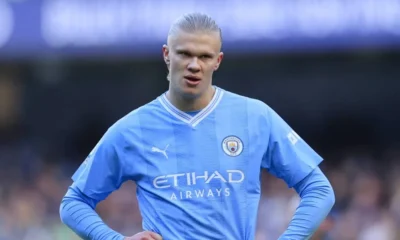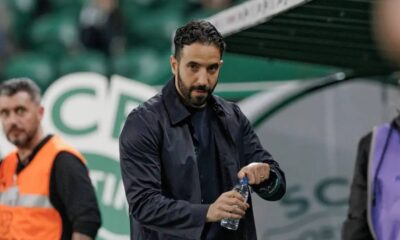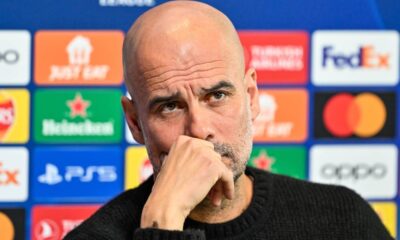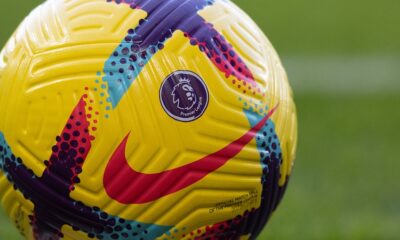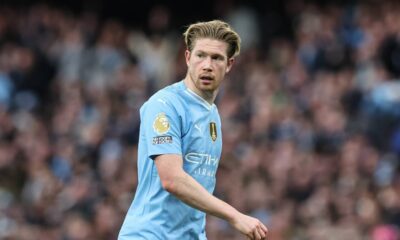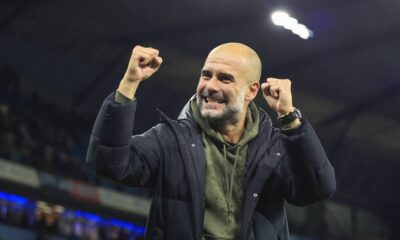Football
The story of Roberto Mancini: The prodigy who, with his best friend, led a revolution in Italian football (Part 2)
“ITALY, THIS IS APOCALYPSE,” read the headline in Italy’s most famous sports daily La Gazzetta dello Sport the morning after the four-time world champions failed to qualify for the 2018 World Cup.
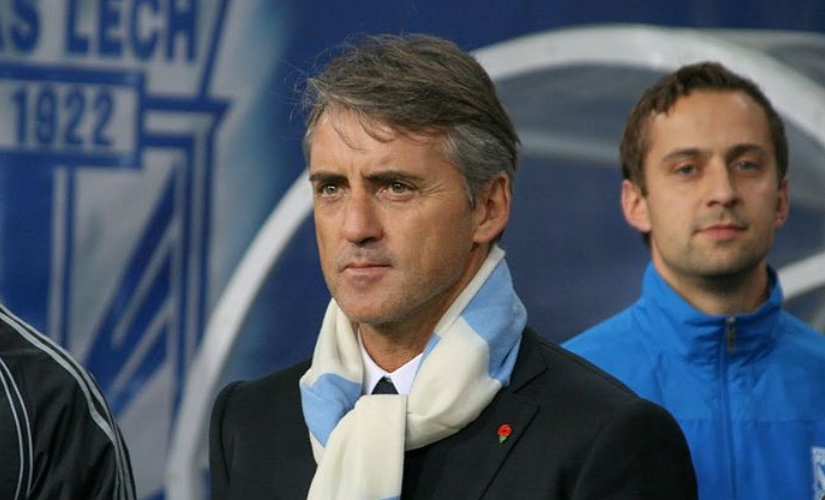
“ITALY, THIS IS APOCALYPSE,” read the headline in Italy’s best-known sports daily La Gazzetta dello Sport the morning after the four-time world champions failed to qualify for the 2018 World Cup. It was the first time in 60 years that they were not going to the world’s biggest sporting event. ” Whoever comes will have to dig themselves out of the rubble and work for Euro 2020,” the article said. No one could have predicted that rebuilding from the rubble would be so good and so fast.
Roberto Mancini is the architect of this revolution. The man who is the personification of Italian football. For better or worse. Intelligent, passionate, emotional, confrontational, tactical, technical, joyful but, unlike Catenaccio, always good looking. But few know that he was assisted by his great friend Gianluca Vialli.
Mancini manager
Mancini became a football coach on 26 February 2001. A month earlier he had moved to Leicester City as a loan player, but the chance to take over at Fiorentina meant he was happy to announce the end of his active playing career. The club he took over was in dire straits.
Fiorentina were plagued by financial problems. Mancini was furious when key players like Rui Costa and Francesco Toldo were sold to him. At the time, the 37-year-old Mancini himself was making occasional appearances and some months he was not paid. Despite this, he managed to win the Coppa Italia with Fiorentina in 2001. But he left after just ten months in charge when his club was in the relegation zone of Serie A.
In 2002, Mancini was appointed manager of Lazio, where he again faced financial constraints and had to sell key players such as Hernán Crespo and Alessandro Nesta. The players were forced to take an 80 percent pay cut, however the club finished 4th in Serie A. In addition, they reached the semi-finals of the UEFA Cup. In 2004, Mancini’s charges won the Coppa Italia.
The success of the weakened team meant a strong temptation from Inter Milan. Mancini joined the Nerazzurri in 2004 and managed to win another Coppa Italia in his debut season. It was the first trophy for Inter since 1989.
Under Mancini, Inter became the dominant force in Italian football (it has to be said that also thanks to the Calciopoli scandal – Juventus were relegated and AC Milan were deducted points). Inter won seven trophies in this period. Mancini was their most successful manager in 30 years, winning 17 consecutive games – a Serie A record. But when they crashed out to Liverpool in the 2007-08 season in the Champions League, an angry Mancini resigned.
The following day, an impulsive Mancini reversed his decision. However, Inter sacked him just 2 months later. Apparently there were fears that something similar could happen again.
After a one-year break, Mancini joined Manchester City, a club with huge prospects but not yet among the absolute top in England. In his first season in Manchester, he led the club to a Champions League guarantee. In addition, he won the FA Cup, the first major trophy for the club in 35 years.
That’s when City started to get stronger. Stars like Sergio Agüero, David Silva, Yaya Toure and Carlos Tevez joined the team. Nothing was stopping them from claiming Manchester City’s first league title in 44 years.
Exactly a year and a day later, however, it was called off. Mancini wrote a long letter of thanks to the fans at the time. The fans did the same and even La Gazzetta dello Sport printed their letter in Italian. That just goes to show how strong a relationship he had with them.
He moved to Galatasaray, where he won the Turkish Cup. Then to Zenit St Petersburg. It looked like he was on the decline from the top. But then he gave the nod to Italy and the rest is history!
Source: OPTUS SPORT

